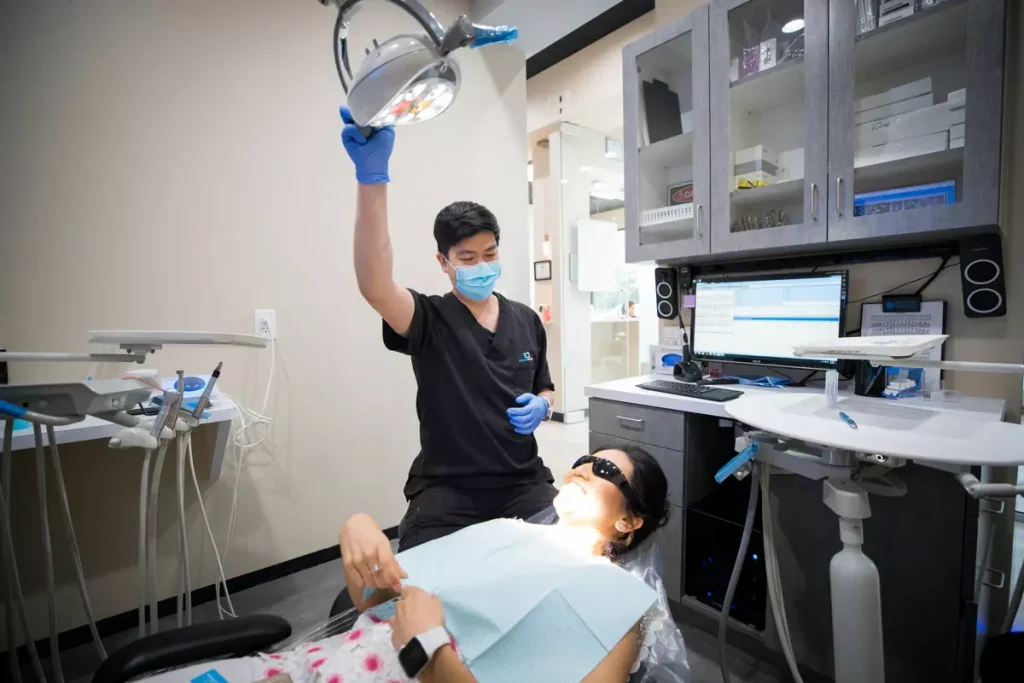Introduction: The Quest for Harmonious Smiles
Orthodontic alignment is not merely about straightening teeth; it is an intricate blend of art and science aimed at achieving a harmonious smile. Whether one seeks the expertise of an orthodontist Navan or elsewhere, the journey towards dental alignment is both fascinating and transformative. This article explores the various facets of orthodontic alignment, delving into traditional methods, modern advancements, and the careful balance required to maintain oral health.
The Science Behind Orthodontic Alignment
Understanding the Basics of Orthodontics
Orthodontics is a specialised field within dentistry that focuses on diagnosing, preventing, and correcting misaligned teeth and jaws. The process involves applying steady pressure to the teeth, gradually moving them into the desired positions over time. It is a meticulous science that requires a deep understanding of dental anatomy, physics, and biomechanics.
Innovations in Orthodontic Techniques
Recent advancements have revolutionised how orthodontic teams approach dental alignment. Traditional braces have evolved, offering more discreet and comfortable options. For those interested in exploring the latest techniques, it is beneficial to consider attending educational events on the latest orthodontic innovations, which provide valuable insights into cutting-edge treatments.
The Art of Crafting a Perfect Smile
The Aesthetic Considerations
While science lays the groundwork for orthodontic treatment, the art of orthodontics involves understanding the aesthetic desires of patients. An orthodontic expert must consider facial symmetry, proportions, and the overall impact of dental adjustments on a person’s appearance. This artistic approach goes beyond mechanics, aiming to create a smile that enhances the patient’s natural beauty.
Balancing Form and Function
Effective orthodontic treatment strikes a delicate balance between aesthetic appeal and functional necessity. This balance ensures that the aligned teeth not only look good but also contribute to better oral health by improving bite and reducing wear and tear. One can find resources on the art of orthodontics to further explore how professionals achieve this harmony.
Orthodontics and Overall Health
The Role of Orthodontics in Oral Health
Beyond aesthetics, orthodontics plays a crucial role in maintaining oral health. Properly aligned teeth are easier to clean, reducing the risk of cavities and gum disease. An orthodontic expert emphasises the importance of alignment for long-term dental health benefits.
Exploring Emerging Trends
In recent years, the internet has seen a surge in trends related to jaw alignment, such as mewing. While some claim these exercises can improve facial structure, it is essential to understand their implications. For instance, the question arises whether mewing is beneficial or potentially harmful. Consulting a professional is always recommended for any dental health concerns.
Conclusion: The Journey to a Beautiful Smile
In conclusion, the journey towards achieving orthodontic alignment is a harmonious blend of art and science. It requires the expertise of skilled professionals who can navigate the complexities of both aesthetic and functional needs. Whether seeking the services of an orthodontic expert Navan or engaging with modern advancements in the field, patients can look forward to a more confident smile and improved oral health. The process may be intricate, but the outcome is undoubtedly rewarding, echoing the timeless appeal of a well-aligned smile.
